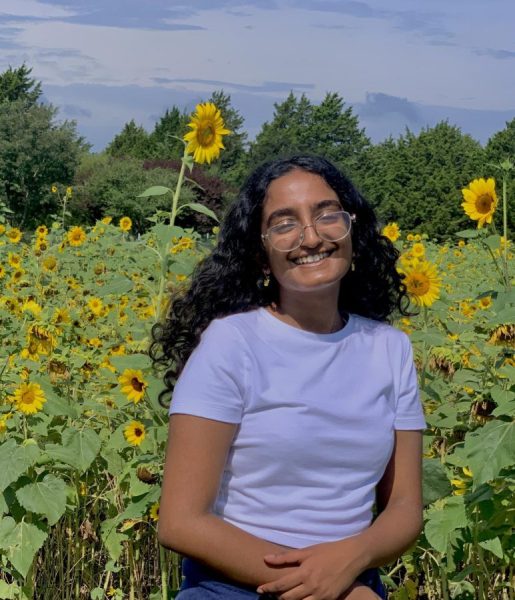School districts are becoming less inclusive: what next?
Grapevine-Colleyville Independent School District (GCISD) in North Texas is known for a few things: racist jokes against Hispanic students, firing their first Black principal and recently enacting a policy banning the discussion of sexuality, pronouns, gender identity and racial discrimination, including the role of slavery in the United States. After spending twelve years in this school district, I’m always disappointed to read a new headline about them moving further from an accepting environment. No one wants their former school district to be known for discrimination and intolerance, but the issue goes much further than just a tarnished legacy.
The new policy, passed at the end of August, effectively prohibits instructors from teaching that “the advent of slavery in the territory that is now the United States constituted the true founding of the United States” or “any ideas, beliefs … that have any connection to … ‘Critical Race Theory’” or that “gender fluidity” even exists. The policy goes on to prevent students from using any bathroom other than the one designated for their biological sex, discourages the use of pronouns other than those assigned at birth and stops teachers from communicating anything about sexual orientation to kids younger than sixth grade. These points pile up on top of each other, making GCISD schools an unwelcoming place to many marginalized students in the name of “protecting kids” and bolstering their education.
This issue didn’t come from nowhere, however, and it is not isolated. GCISD schools have never been the most accepting. I remember growing up hearing slurs tossed around casually, gay being used as an insult and students that were visibly queer and/or trans facing ridicule, both to their face and behind their backs. Now, this prejudice not only persists but has become codified in the very doctrines that define how teachers present information to students.
Other schools across the nation are facing the same issues. A 2019 study found that over 90% of LGBTQ+ middle and high school students in the United States grew up hearing negative comments about their sexuality or identity and considered these comments to be detrimental to their mental health. Another study found that 1.6 million students in the 2018-2019 school year experienced hate speech, most of which was related to their race or ethnicity. Nationwide, kids are growing up isolated due to their identity. Codifying this isolation limits their ability to understand or be understood, both in the moment and much later in life.
The main sources of socialization in early childhood — or learning the fundamentals of how to interact with the society around us — are family and school. By making schools prohibit ideological discussions, kids are being robbed of the chance to become accustomed to the world around them and learn acceptance. However, some schools are moving in the opposite direction, requiring that students be taught about race and sexual orientation as a part of their curriculum. These schools express that if kids are taught about these identities, they will not only show more tolerance for others but also feel safer themselves. These kids go into the rest of their lives with the tools to accept themselves and show compassion towards anyone different from them. They go to college open-mindedly and enter the workforce thinking about more than what applies to just them. LGBTQ+ students and students of color feel less isolated in these spaces, as they are taught that their identities are part of the norm, not the exception. They don’t grow up isolated, hearing derogatory remarks about who they are.
There is too much potential good in teaching race and sexual orientation in primary schools to let it be taken away. GCISD is only one unfortunate example of school boards giving in to fear about “critical race theory” or LGBTQ+ activists indoctrinating their kids. If we want to create a population that is more tolerant and more self-accepting, we have to make sure these policies do not get passed unheard, and that there is recourse for putting a limit on learning. GCISD students have already begun taking action by staging a walk-out to protest the new transphobic policies. We also can keep these policies in mind, so that when we vote for school boards — or maybe even have the chance to be on a school board — we have the ability to stand for policies that encourage the emotional and mental growth of all, not just the majority.

My name is Ashwini Vivek (she/her) and I am an Opinion Writer for the Trinitonian! I am a senior Neuroscience major from Dallas, and I'm also involved...



